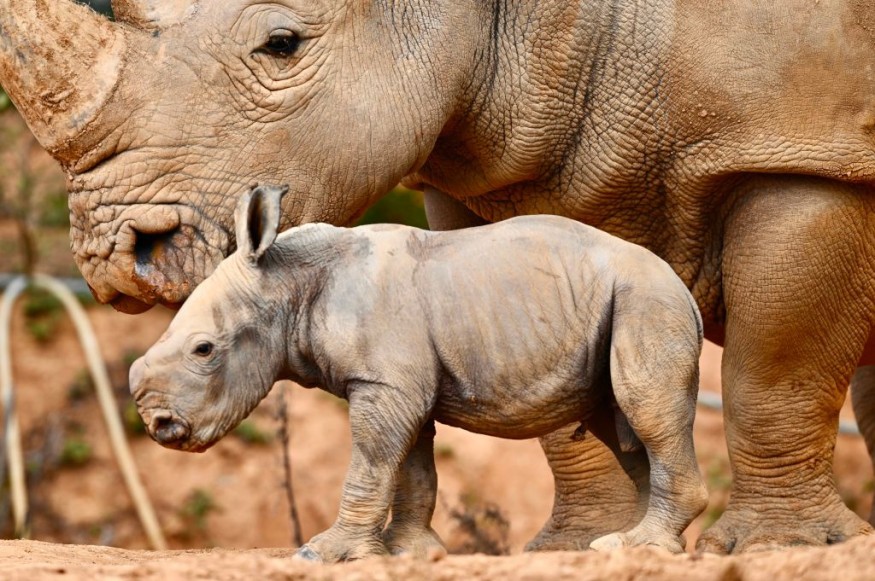The World Wildlife Fund (WWF) has launched a way to raise funds on protecting endangered animals around the world through NFTs or "Non-Fungible Animals" (NFA)
Non-Fungible Tokens or NFTs are units of data that are being stored on a blockchain and tied to digital assets, such as a meme, videos, or a tweet.
But it also gives a massive impact on the environment because of the given amount of energy to maintain and create them.
The new age of protecting animals
According to Cnet, 13 endangered animals are centered for digital art, and each NFA is limited to each species' remaining population.
These endangered animals include two Northern white rhinos and about 1,800 giant pandas.
Other animals included in said art are the Amur leopard, the vaquita, and the wild African dog, with each NFA's number based on how many are left in the wild.

As published on Screenrant, the higher value of NFT is based on the rarity of the species, like the Vaquita, which cost $349, and the horned-bovine Saola sold at $399 per pop, making these two as "limited editions."
As per Cnet, the organization said, "We're helping to safeguard our most cherished wildlife - including magnificent rhinos, leopards, and gorillas -- from threats such as poaching and habitat loss."
According to WWF that the proceeds of each NFA will go towards conservation works around the globe.
The WWF also mentioned that the buyers will be rewarded by including them in meetings with some conservationists and also have a chance to look at WWF's work to protect gorillas and orangutans.
Read more: Animal protection responds to pets left in subzero temps
The backlash received by WWF on NFA's
According to Euronews, these NFA's have been attracted by many backlashes on social media.
These include some threats to cancel donations and unfollow the charity.
Also, critics on Twitter called on the event "bleak beyond belief," "astonishingly stupid," and a "bafflingly terrible decision" due to environmental concerns about NFTs.
A blockchain is called an energy-sucking tech that NFTs are intrinsically linked to, which is also a foundation for all forms of cryptocurrencies.
Some digital artists have pulled out worth hundreds of thousands of dollars of lucrative auctions due to legitimate reasons.
However, the WWF said its NFAs rely on the "green" Polygon blockchain, which only consumes 0.001kWh of energy and has a carbon footprint equal to a pint of tap water, as per Screenrant.
Furthermore, the same reported noted that Pete Howson, a lecturer at the University of Northumbria, stated that "Proof of Work mining" or validating is what gives Ethereum its dirtiness.
If people are buying Ethereum to spend on WWF's NFTs, the value of the cryptocurrency also increases along with its mining because the rewards for doing so are higher.
The WWF U.K. stated that they recognized NFT as a much-debated issue, and they have a lot to learn about the NFT market.
Moreover, they will assess the impact and do their best to plan on how to innovate their engagement to their supporters.
Related Article: NFT market: The most expensive NFT's ever sold
© 2025 NatureWorldNews.com All rights reserved. Do not reproduce without permission.





